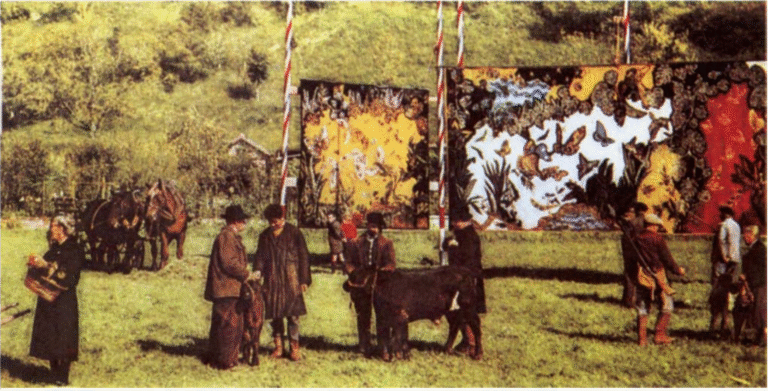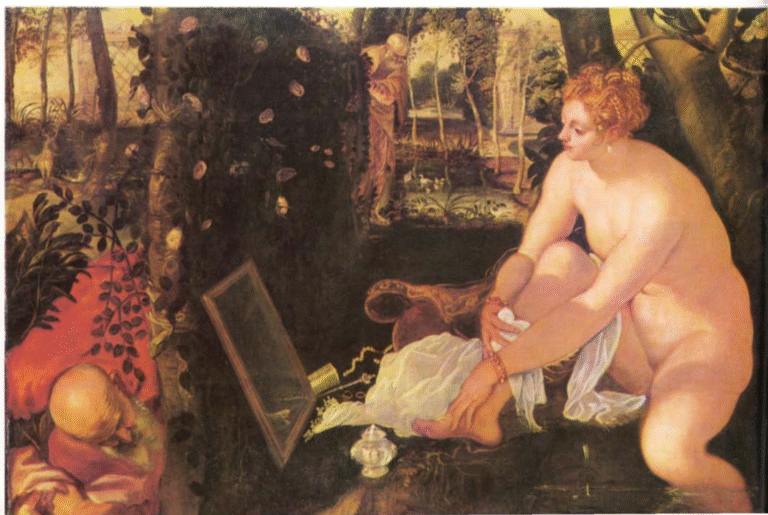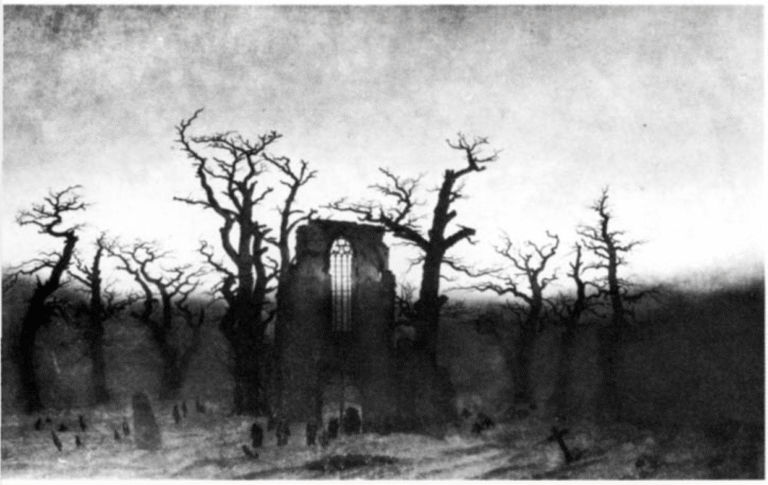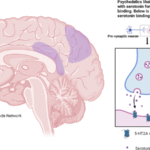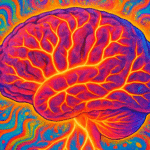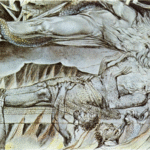In this age of social media, where everyone wants to portray their lives in ways that elevate their status in the eyes of their followers, the true sense of individualisation and truth has lost its meaning. The comparison trap has engulfed the entire population since the dawn of the age of social media. Everyone is busy portraying their image in a way that makes their lives look lavish and full of thrills, even when sometimes their lives are in complete shambles. The comparison trap has taken a toll on the expectations and has increased the anxiety behind the portrait of the perfect image in the eyes of the other.

People have started losing their whole personalities and morphed into beings which is often not recognised even by their own inner selves. Teenagers are the most affected by this phenomenon of comparison. In the early ages, where development in personality is often hindered by the sense of portraying their personality in ways that align with the popular culture and their fellow teenagers. This has often led to a tremendous increase in the self-harm rates among this age group. The comparison trap has morphed into a phenomenon worldwide and has taken over the expectations one has for their personality.
Nietzsche’s Philosophy
“Man is something that shall be overcome. Man is a rope, tied between beast and overman — a rope over an abyss. What is great in man is that he is a bridge and not an end.”
German philosopher Nietzsche had a say about this phenomenon of comparison and being untouched by the true personality of the individual. Through his writing, he coined the true meaning of overcoming the inferiority complex by overcoming self-doubt and realising the true personality traits of the psyche. Nietzsche introduced the term Übermensch, or the superman- someone who says ‘yes’ to everything that comes to him, good or bad. He is someone who is able to define their own sets of values and able to script their own characteristics in a way that enriches and empowers their destiny in a way that aligns with their true self.
Nietzsche also famously quoted that ‘God is dead’ by which he wanted to announce the death of the traditional moral Christian values following the Enlightenment. He hypothesised with this announcement that the change in these value structures and metaphysics meant that everyone would be responsible for finding a meaning for themselves, which could result in a huge void or hole in the personality of the individual. He added that in times of need and desperation, these values would provide comfort for the soul as a means of escape from the suffering and monotony of daily lives.
Nietzsche, alongside creating the image of a perfect man, also worried about the death of god and the loss of these traditional values would lead to a deep nihilism in society, resulting in the formation of the last man. He worried that the death of morality in society would result in anguish and a vacuum in search of a replacement for these values. He recognised the Western values as the foundation of the traditional societies and believed that the loss of these traditional values would leave a sense of emptiness and strive for a new set of values to fill these vacuums. This vacuum would poison the psyche and cause a loss of sense of belongingness to this planet.
Nietzsche’s main concern for the 20th century was the resulting nihilism with the death of these traditional values (or the death of god); he prophesied the concept of Übermensch, to keep the doors of nihilism closed. He by no means praised the traditional values that often coined the denial of inner urges (like those for food or sex)of the soul as ‘virtue’, but instead questioned what would replace these values. He stated that these values have comforted the soul for over a thousand years, needed a strong replacement instead of complete banishment, and formulated his hypothesis of the Übermensch, with great hopes.
Self-Overcoming in Modern Life:
In today’s world full of baits of comparison of shiny objects and temptations, one can feel victimised by their circumstances or their situation as a result of constant comparison with the fellow being. The struggle of becoming one’s true self in the times of herd mentality has cost the loss of personality. In these times, one can look to the philosophy of Nietzsche as a guiding principle of attaining one’s true personality that satisfies their soul, not their social media likes. Moving beyond victimisation and truly accepting their inner self makes a man Übermensch.
Becoming who we really are is a lifelong journey and a destination; what you are today or what your situation is today does not define what you will be tomorrow. The realisation of your true personality and what makes you truly happy is the first step towards attaining a sense of wholeness in life. Comparison leads to emptiness in the soul and never satisfies the hunger of achieving more and more. One needs to realise the beauty in the journey of life- its ups and downs, embrace every step, and enjoy life, not just live it.
Psychological Link

The ideas of self-actualisation and authenticity, coined by Nietzsche, have deep psychological links. Starting with the idea of realising that one has to find their own set of values and morals in the chaotic post-modern era is one of the key aspects of modern psychology. The realisation that everyone’s situation and circumstances are different, starting from day one of their lives to the very end of their lives, we need to ponder upon the uniqueness of the individual personality which is formed through our lived experiences. This realisation gives a unique meaning to the individual lives of everyone, giving them a very unique flavour. The authenticity in life comes from these unique experiences, which play a huge role in psychological balance in individual lives.
Mental health in today’s world relies hugely on self-honesty and positivity towards the uniqueness of our lives. Ask any mental health expert, and they will emphasise that the comparison traps have created fake values and corrupted the morality of the people. The social media trap where honesty takes a toll, and fake projections are often fantasised by these social media users.
Reflection
Nietzsche’s philosophical thoughts of becoming our true selves remain one of the key fundamental psychological concepts in today’s era of living in someone else’s script. The dawn of the age of social media has resulted in deep-seated vulnerability and the age of imitation. The world has truly lost its soul and morphed into an unrecognisable monster that feeds on these vulnerabilities and seeks herd mentality instead of embracing the uniqueness in the psyche. The age of social media imitation has gripped the new generation in its roots and resulted in the lifelong game of comparison, which was what Nietzsche was worried about in his philosophical thoughts.
“Become who you are.” – Friedrich Nietzsche
We as a society need to take a step back and recognise the true inner beauty in every soul and become who we really are.


